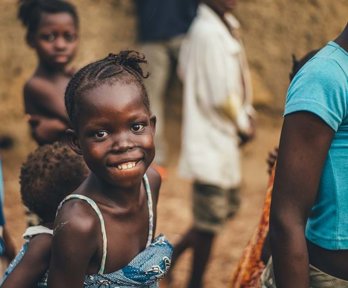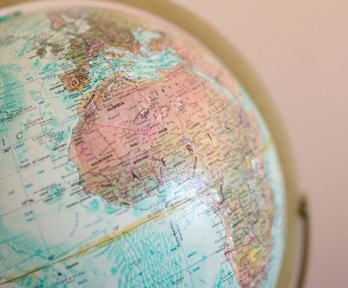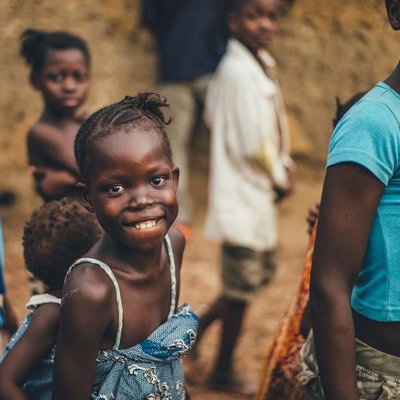Please note - these resources were written a long time ago - some information has changed since they were produced.
The aim of this module is to introduce students to the huge variation in geography that exists within the complex continent of Africa. Whilst providing a framework for young people to understand what is going on in the continent, the aim of each lesson is to involve them in the lives of people living in Africa, rather than just looking at the continent from the outside. Ultimately, students will learn that improving people's lives in a continent that is often perceived to be a ‘hopeless case' is dependent on a range of physical and human factors both within the individual countries, across the continent and on an international scale.
The module begins with a lesson on the scale and diversity of Africa, setting the continent within its global context and exploring the range of climates, environments, landscapes, populations and cultures that exist within its 53 countries. Common misconceptions of Africa are explored in the second lesson, through a range of activities which again highlight the wide diversity of opportunities, challenges and life styles.
The main body of the module focuses on a comparison between two contrasting countries in Africa: Sudan and Ghana. Students learn about the long-running but recently resolved civil war in Sudan and the impact of this on the lives of the population, before looking to the future and considering a range of options for the social and economic development of the country. In contrast, Ghana is a country which can be considered to have a successful economy, in spite of problems and challenges. It has made progress and improved the lives of the majority of the population in recent years. Students explore Ghana's export economy and consider the impact of educational improvements for the future of the country.
Finally, the module raises the question of the positive and negative impacts that new technologies can bring to people living in developing countries. The benefits that ownership of mobile phones can bring to the Masai cattle herders of Kenya are contrasted with the growing and dangerous industries to process and recycle our electronic waste.
This is a complex module for this young age group, but while it is difficult to teach a unit on Africa in such a small number of lessons, it is hoped that teachers will draw on the resources available and extend the ideas to suit the requirements of their curriculum and those of the students within their class.

Africa: scale and diversity

Dealing with common misconceptions of Africa

Conflict in Sudan

Sudan: Hope for the future

Ghana: An economic success story

Education in Ghana: Moving forward

Africa: Looking to the future

A continent of contrasts - Using Google Earth

What do you know about Africa?
An interactive resource about Africa
